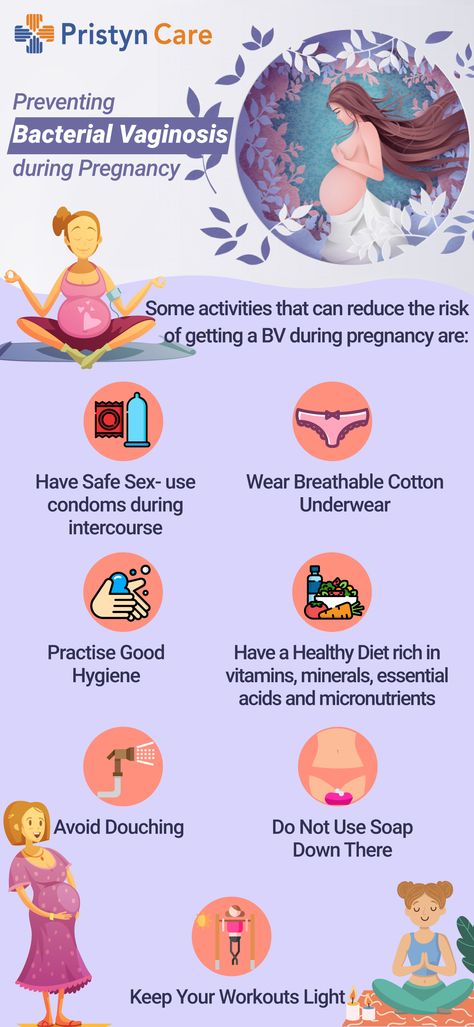When should pregnant woman stop working
Working during pregnancy – Pregnancy Info
Can I work while I’m pregnant?
For the majority of women with uncomplicated, low-risk pregnancies, there is no problem with working as long as you would like. There are a few situations that might make working hazardous for both you and the baby. If you work with certain chemicals, solvents, fumes or radiation, you might need to avoid contact with some of these workplace hazards. Your employer may have policies in place to protect pregnant women. Also, if your work if very physically demanding, it may not be possible to continue doing strenuous work. Talk to your health care provider and your employer if your work includes:
- Stooping or bending over more than 10 times per hour
- Climbing a ladder more than three times in an 8 hour shift
- Standing for more than 4 hours at a time
- Climbing stairs more than three times per shift
- Working more than 40 hours per week
- Shift work
- Lifting more than 23 kg (50 lb) after the 20th week of pregnancy
- Lifting more than 11 kg (24 lbs) after the 24th week of pregnancy
- Stooping, bending, or climbing ladders after the 28th week
- Needing to lift any heavy items after the 30th week
- Needing to stand still for more than 30 minutes of every hour after the 32nd week
- Working with chemicals, solvents, fumes, or radiation
If my work is not strenuous can I work until the end of my pregnancy?
A woman who is having a normal, healthy pregnancy can work right up until the start of labour. However, you can choose to stop working whenever suits you. Some women choose to stop several weeks before their due date but others will be at work even in early labour.
Will I still be paid if I stop working early?
In Canada, federal Employment Insurance (EI) provides temporary financial assistance to Canadians who are sick, pregnant, or caring for a newborn or adopted child. In order to qualify for these maternity, parental, or sickness benefits, you must have worked 600 hours within the past 52 weeks. For more detailed information on eligibility and benefits, visit servicecanada.gc.ca.
Maternity benefits. The EI program provides maternity benefits of up to 15 weeks to a mother for the birth of a child. These benefits can be collected any time during a period that begins eight weeks before your expected due date and ends 17 weeks after the birth. However, if you stop work earlier than eight weeks before the due date, you would not receive EI maternity benefits until the eligibility period begins.
Parental benefits. In addition to the 15 weeks of maternity benefits, the EI program provides parental benefits to either parent for up to 35 weeks. These benefits can be claimed by either parent, concurrently or consecutively, as long as the total maternity and parental benefits add up to no more than 50 weeks for a pregnancy.
Employer benefits. If you are an employee, check with Human Resources at your work place to see what maternity benefits and work accommodations are available to you.
Top 5 Signs to Stop Working During Pregnancy
Are you pregnant and wondering if you should stop working? Here are the top signs to stop working during pregnancy and reasons you should.
My first pregnancy went smoothly… that is, until I hit that last and final month.
I struggled to walk, bracing myself for the inevitable pain in my pelvic bones and hips. I felt heavy, waddling from side to side, short of breath. And let’s not even get into the sleepless nights and waking up five times a night to pee, leaving me barely able to function the next day.
I felt heavy, waddling from side to side, short of breath. And let’s not even get into the sleepless nights and waking up five times a night to pee, leaving me barely able to function the next day.
I was so exhausted, so drained, and so over everything.
But like many moms, I wanted to save my maternity leave for after the baby was born, not before. I wanted to use that time to bond with the baby, push back the need for child care, and recover from delivery.
Except for many of us, the signs to stop working during pregnancy happen much sooner than when the baby arrives.
The decision to stop working, as I’m sure you’ve realized, isn’t always so clear. Financial reasons, maternity leave benefits, and health issues are just some of the factors that sway our choices.
Top 5 signs to stop working during pregnancy
Still, you might be finding that the signs are glaring you in the face, regardless of what stage you currently are.
Maybe you’re always on your feet and running around with little option to sit down. Perhaps your commute is a horrendous 1.5 hours one way, or you want to spend time with your toddler before his baby sibling arrives.
Perhaps your commute is a horrendous 1.5 hours one way, or you want to spend time with your toddler before his baby sibling arrives.
On the other hand, you might not get paid for maternity leave, forcing you to work even if all the signs point that you shouldn’t. Or you worry that your coworkers to think poorly of you if you stop working so soon, even if you know you shouldn’t care what they think.
Still, you’ll want to pay attention to these signs to decide whether to keep working or not. Of course, your doctor is the first person to ask whether to stop working. Complications and the baby’s safety take precedence over many of the other reasons.
But other times, it’s more an internal gut check combined with listening to your body. So, when should a pregnant woman stop working? Take a look at these signs to stop working during pregnancy, and whether they apply to you:
1. Preterm complications
Every mom’s goal in pregnancy is to avoid preterm delivery.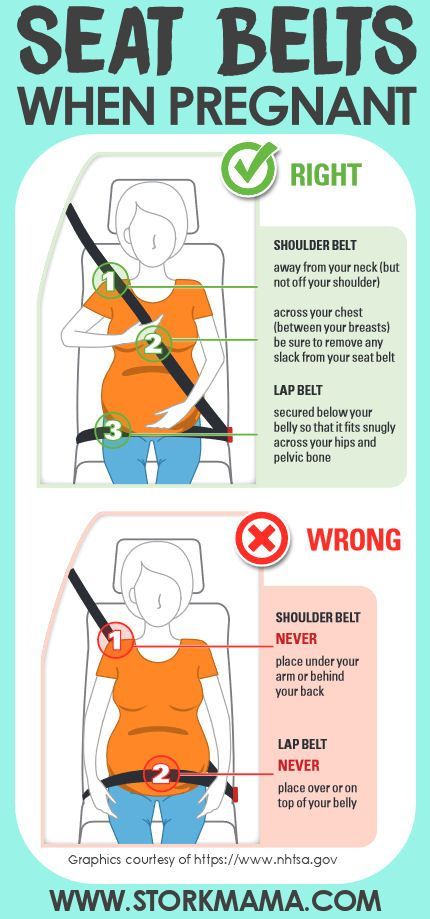 So, if you’re seeing signs of preterm complications, it may be time to talk to your doctor about stopping work. Maybe you have high blood pressure, cramping, Braxton Hicks contractions, or unusual swelling.
So, if you’re seeing signs of preterm complications, it may be time to talk to your doctor about stopping work. Maybe you have high blood pressure, cramping, Braxton Hicks contractions, or unusual swelling.
Your doctor might also pull you out of work if you’re having issues with dilation, your mucus plug, or any symptoms that might lead to pre-eclampsia. For instance, you may not have pre-eclampsia, but your levels could be close enough that she’ll monitor your urine for a few days.
Free printables: Do you need a checklist of all the things to do before the baby is born? Join my newsletter and grab your printable checklist below—at no cost to you:
2. You have a high-risk pregnancy
Many moms—like myself with my first son—are “lucky” in that we were able to avoid many complications throughout the pregnancy.
But others have plenty of complications to contend with, from gestational diabetes to high blood pressure to anemia. And having twins and multiples—like I did when I became pregnant again—automatically makes your pregnancy high-risk.
And having twins and multiples—like I did when I became pregnant again—automatically makes your pregnancy high-risk.
With a high-risk pregnancy, you have more complications to contend with. Working until your due date may not be possible when you can barely walk or are placed on bed rest. Anyone with a high-risk pregnancy tend to stop working sooner than those without complications.
Discover the 5 best things you can do to have a healthy pregnancy.
3. You physically can’t perform well at work
Some jobs are more taxing than others. Think bartenders, pharmacists, nurses and doctors, hairdressers, or waitresses who are on their feet all day.
Others are physically demanding even without pregnancy, like loading items at a retail store. And still others pose risks you wouldn’t think twice about if you weren’t pregnant, like training dogs.
Every decision is personal and practical. While you wouldn’t quit your desk job the minute you get a headache, you also need to weigh its impact against your health risks. Being unable to do work you normally would perform well is a sign to decide how much longer you can keep going in these conditions.
Being unable to do work you normally would perform well is a sign to decide how much longer you can keep going in these conditions.
4. You can’t keep up with work demands and pressure
That said, even typical “desk jobs” can be a challenge from sitting all day or when you can barely stay awake. Perhaps you’re finding it hard to concentrate like you used to, or dread coming in to work to face the day’s challenges.
Even if your job isn’t physically demanding, the emotional toll can add dangerous stress and anxiety on an already taxed body. And if you work in a toxic environment—rife with office drama or stress-ridden duties—these “invisible” pressures can be a sign to stop working.
Get more tips on how to keep up at work during pregnancy.
5. You still have a lot to prepare
Not everyone has the ability to prepare ahead of time, or perhaps you’re the “I’ll deal with it later” type. If you find yourself nearing the end of your pregnancy and nowhere near ready to welcome the baby, it may be time to use the last few weeks to prepare.
The countdown to the big day could also be adding extra pressure if you feel unprepared. Stopping work the last few weeks can be a smart choice if it means not feeling overwhelmed with your plans.
Take a look at this checklist of things to do before the baby arrives.
Conclusion
Ask a room full of moms when each plans to stop working, and you’ll likely get a variety of answers. Some choose to work until the day they deliver (whether by choice or not). Others decide to take time off before, from a few days to several weeks, to prepare and rest before the baby comes.
If you’re trying to decide when to stop, certain signs can point the way. The most common reasons to stop working is based on doctor’s orders. You might have pre-term complications that make it necessary for you to stop, or a high-risk pregnancy that demands more rest than work.
Other times, you need to weigh your work against the health risks that can rise from continuing to work. Your job might not be suitable for the condition you’re in, or you can no longer perform well at work.
Your job might not be suitable for the condition you’re in, or you can no longer perform well at work.
And still yet, the decision can feel more personal, like wanting to ease the feeling of overwhelm by using those last few weeks to prepare for the baby.
With pelvic pressure, sleep deprivation, and waddling like a penguin, I decided to stop working one week before my due date. Turns out though that my son was ready, and he was born the day after my last day of work.
Because sometimes, you can only plan so much before someone else makes that decision for you.
Get more tips:
- What Every Mom Needs to Know About Her Second Pregnancy
- How to Survive a Pregnancy with a Toddler
- Pregnancy To Do List: What to Prepare in the Third Trimester
- 11 Crucial Pregnancy Questions to Ask Your Doctor
- Everything I Wish Someone Had Told Me when I Was Pregnant
Don’t forget: Join my newsletter and grab your printable checklist below—at no cost to you:
Work during pregnancy
Was she stressed? Did you work in a hazardous industry? Did you work the night shift?
Naturally, stress and night shifts will not bring benefits to the unborn child.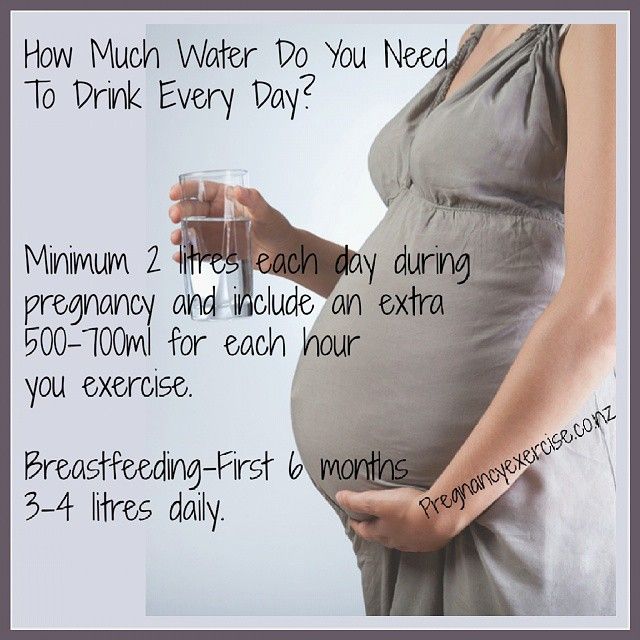 But, if the work gives a woman pleasure, not heavy and beloved, then there is not much point in leaving her.
But, if the work gives a woman pleasure, not heavy and beloved, then there is not much point in leaving her.
During pregnancy, a normal working day is not contraindicated for a woman. However, getting up early, inconvenience in transport (even if you have your own car), exhaust fumes, rush, stress at work - all this can have a harmful effect on the body of the expectant mother and baby. nine0003
Many women, fearing to displease their superiors and fear of being fired, hide their ailments, are afraid to eat outside of the lunch break, to go out into the fresh air. But it is necessary to give your body an indulgence already in the first 3 months of pregnancy. The working day of a pregnant woman should not exceed six hours.
If a pregnant woman decides not to leave work during her pregnancy, she will need to follow a few simple rules:
- If possible, do not overwork or be nervous. nine0014
- In the case of sedentary work, regularly take small breaks - stretch, walk around.
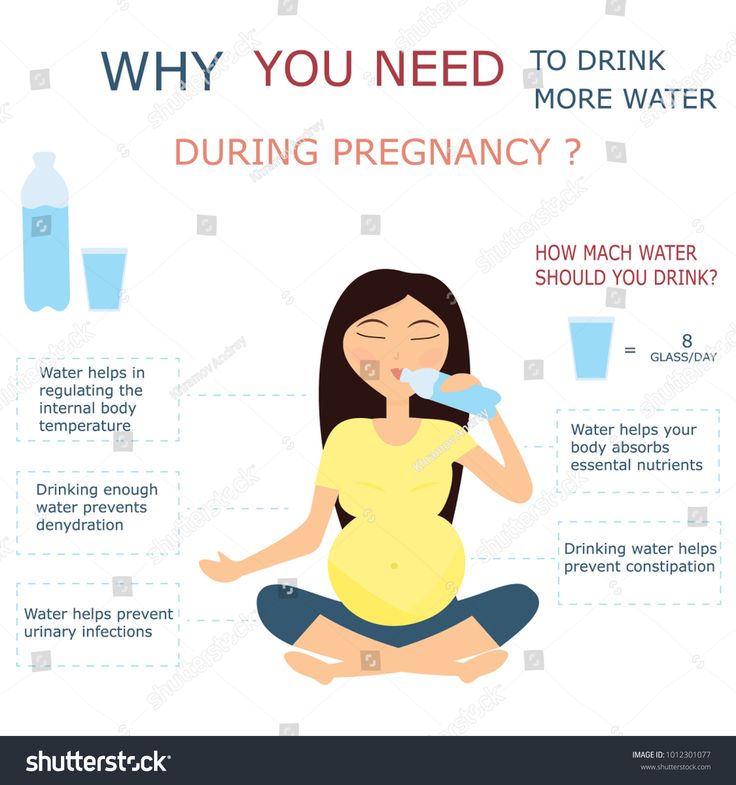
- It is very important to eat right - take food from home or in the canteen.
- It is advisable to arrange small snacks - dried fruits, muesli, apples, crackers.
What is not recommended?
Expectant mothers are not recommended to work with chemicals, work "on their feet" (hairdressers, waitresses), prolonged stay at the computer. Although all modern computers are equipped with high degrees of protection, if possible, it is better to change to an LCD monitor or use a laptop. And you need to make sure that the neighboring computer, turned to the pregnant back, is no closer than 2 meters. nine0003
What is prohibited?
During pregnancy, heavy and underground work, as well as carrying and moving heavy loads, are prohibited. Pregnant women are not allowed to work at night. The exceptions are those sectors where these measures are caused by extreme necessity and are of a temporary nature.
You cannot force a woman in position to work overtime and on weekends, to send her on business trips.
What kind of vacation is due to a pregnant woman?
Nevertheless, even if a woman observes the correct regime, and at work she is met in everything, she must go on prenatal leave two months before giving birth. It is even better to take a regular vacation before maternity leave. After all, a woman has to perform the most important work in life: to give birth to a healthy child. nine0003
In our country, a woman has the right to maternity leave of 70 calendar days before childbirth and 70 after childbirth, in case of complicated childbirth - 86 days, and when two or more children are born - 110 days. Maternity leave is accrued in total and is granted to the woman in full, regardless of the number of days actually used before childbirth.
After giving birth, a woman can take parental leave up to 3 years.
Sources
- van Beukering M., Velu A., Schonewille LHN., Duijnhoven R., Mol BW., Brand T., Frings-Dresen M., Kok M. Evaluation of a blended care program for caregivers and working pregnant women to prevent adverse pregnancy outcomes: an intervention study.
 // Occup Environ Med - 2021 - Vol - NNULL - p.; PMID:33875554
// Occup Environ Med - 2021 - Vol - NNULL - p.; PMID:33875554 - Weschenfelder F., Lohse K., Lehmann T., Schleußner E., Groten T. Circadian rhythm and gestational diabetes: working conditions, sleeping habits and lifestyle influence insulin dependency during pregnancy. // Acta Diabetol - 2021 - Vol - NNULL - p.; PMID:33837820
- Widowati R., Kundaryanti R., Julian DA., Raushanfikri A. Pregnancy and work stress: investigation of factors relating stress level of pregnant working women in Indonesia. // Gac Sanit - 2021 - Vol35 Suppl 1 - NNULL - p.S38-S41; PMID:33832622
- Wood A., Hussain ST. Working with radiation in pregnancy: a guide for cardiologists. // Heart - 2021 - Vol - NNULL - p.; PMID:33707227
- Hossain-López S., Ruiz-Berdún D. Being a woman, being a soldier, being a mother: a qualitative analysis of perceptions of pregnancy on working lives of women in the Spanish Armed Forces. // BMJ Mil Health - 2021 - Vol - NNULL - p.; PMID:33688081
- Pieters S.
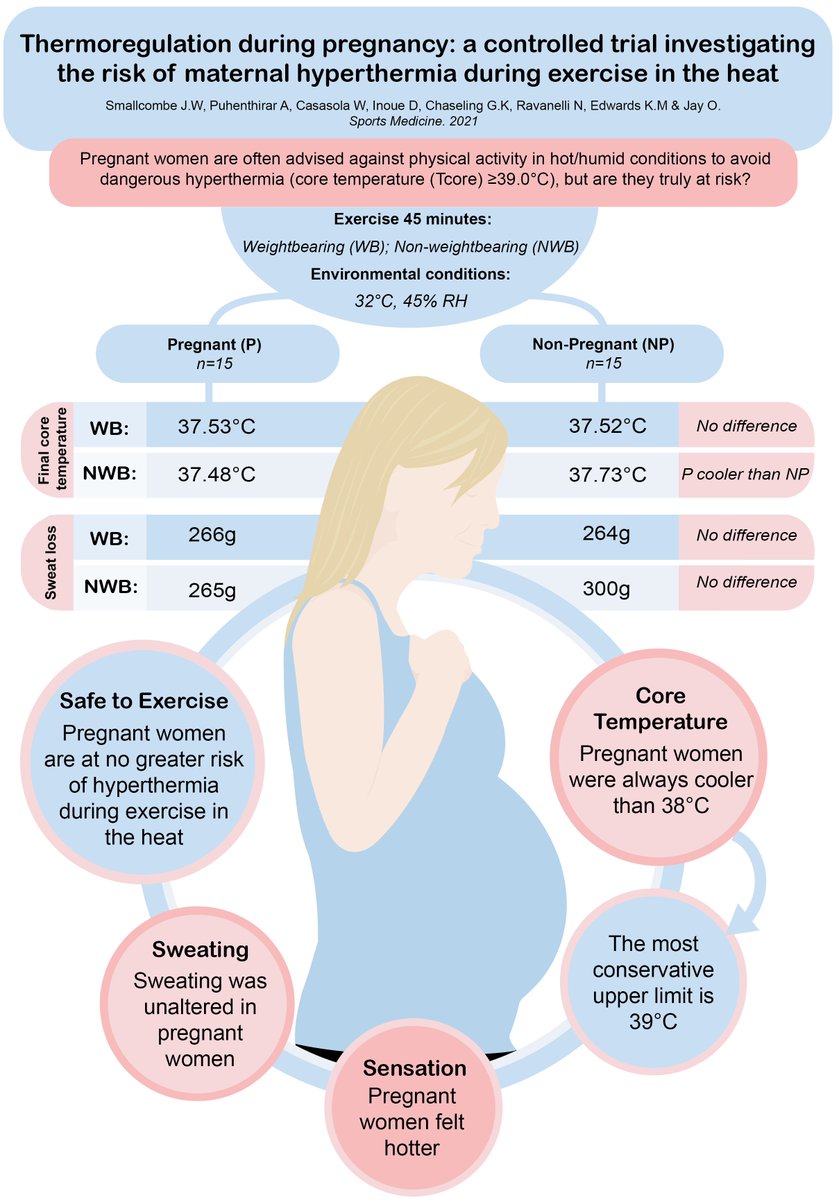 , Brett BE., Beijers R., Kessels RPC., de Weerth C. Working memory from pregnancy to postpartum: Do women really change? // Psychoneuroendocrinology - 2021 - Vol126 - NNULL - p.105169; PMID:33611134
, Brett BE., Beijers R., Kessels RPC., de Weerth C. Working memory from pregnancy to postpartum: Do women really change? // Psychoneuroendocrinology - 2021 - Vol126 - NNULL - p.105169; PMID:33611134 - Henrotin JB., Beringuier H., Groupe de Travail de L'étude GaT-Hospi GTLG. [Working at the hospital during pregnancy: A descriptive national cross-sectional study in France]. // Sante Publique - 2020 - VolVol. 31 - N5 - p.611-621; PMID:33124787
- Nadholta P., Bali P., Singh A., Anand A. Potential benefits of Yoga in pregnancy-related complications during the COVID-19pandemic and implications for working women. // Work - 2020 - Vol67 - N2 - p.269-279; PMID:33044208
- Kawase K., Nomura K., Nomura S., Akashi-Tanaka S., Ogawa T., Shibasaki I., Shimada M., Taguchi T., Takeshita E., Tomizawa Y., Hanazaki K., Hanashi T. , Yamauchi H., Yamashita H., Nakamura S. How pregnancy and childbirth affect the working conditions and careers of women surgeons in Japan: findings of a nationwide survey conducted by the Japan Surgical Society.
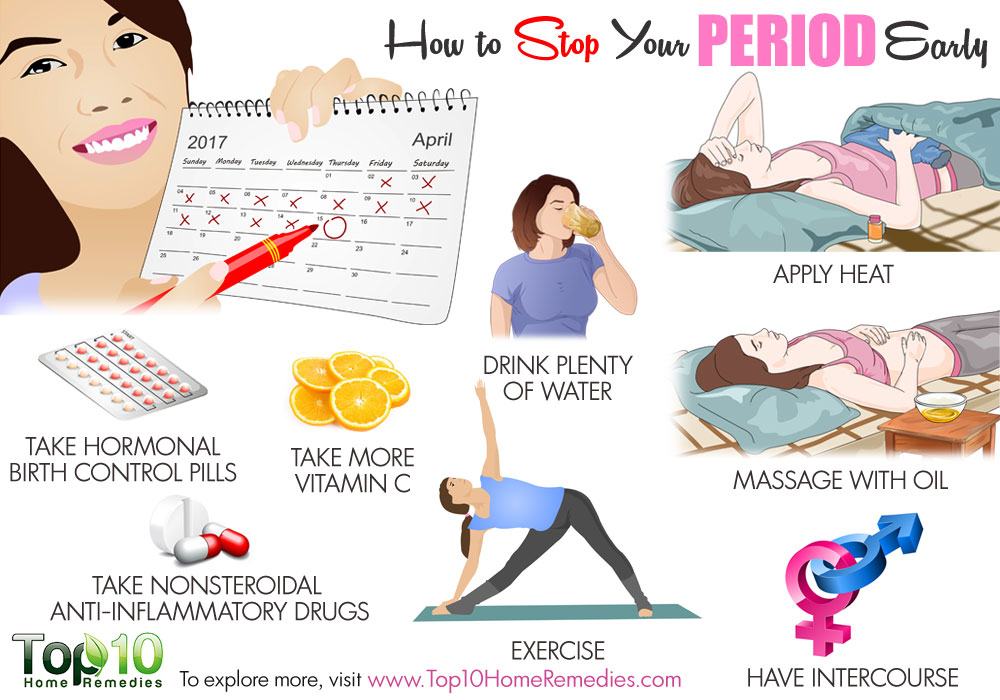 // Surg Today - 2021 - Vol51 - N2 - p.309-321; PMID:32901376
// Surg Today - 2021 - Vol51 - N2 - p.309-321; PMID:32901376 - Jones SW., Darra S., Davies M., Jones C., Sunderland-Evans W., Ward MRM. Collaborative working in health and social care: Lessons learned from post-hoc preliminary findings of a young families' pregnancy to age 2 project in South Wales, United Kingdom. // Health Soc Care Community - 2020 - Vol - NNULL - p.; PMID:32875635
Scientists: Pregnancy impairs memory and other brain functions
During pregnancy, women's memory deteriorates, cognitive and executive functions suffer, scientists have found. However, they emphasize that these changes in brain function do not go beyond the normal range. nine0003
Researchers at Deakin University in Australia have found that pregnancy does have a negative effect on the cognitive functions of expectant mothers, including memory. However, this effect is noticeable mainly only to the mothers themselves and their immediate environment. The study was published in Medical Journal of Australia .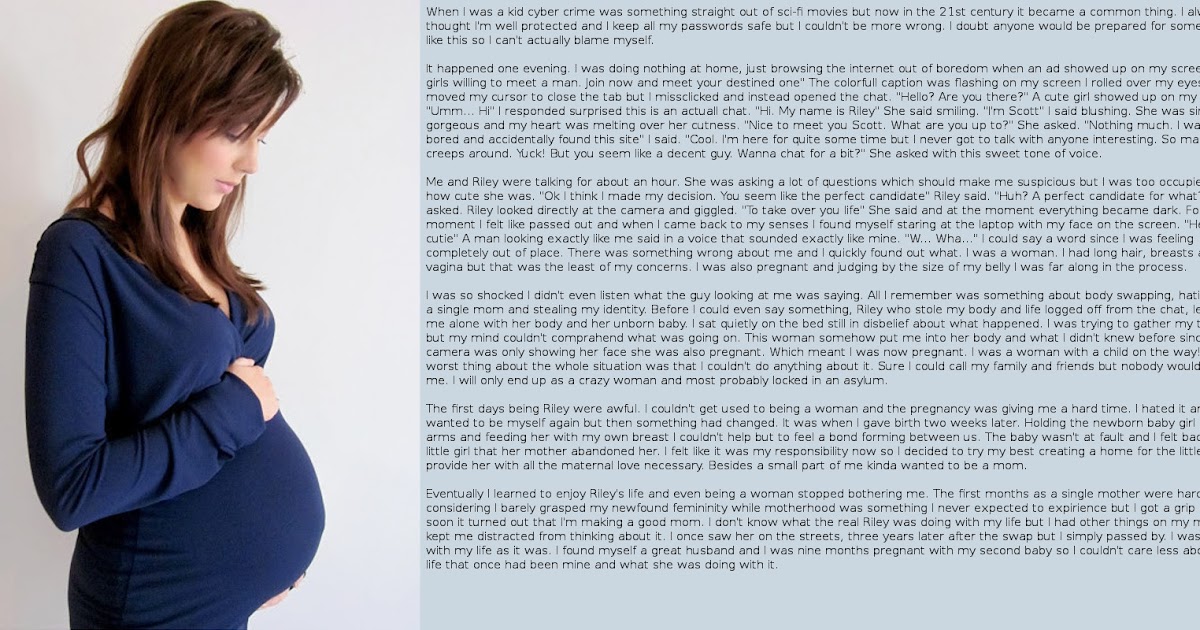
According to scientists, four out of five women suffer from cognitive decline during pregnancy.
Symptoms include forgetfulness, loss of concentration and quick thinking. nine0003
Memory impairment during pregnancy, "mamnesia", is familiar to many expectant mothers. They note the absent-mindedness that has appeared - they cannot remember where they put this or that thing, or during any lesson they forget what they were doing.
Pregnant women also regularly report that they lose the thread of conversation more often, find it harder to concentrate and have to take notes to stay organized. Some find it difficult to even concentrate on reading.
The researchers conducted a meta-analysis of 20 studies on this phenomenon over the past 10 years. They also reviewed work affecting other cognitive functions. In total, 1230 women took part in the studies - 709pregnant women and 521 non-pregnant women.
In general, cognitive function in pregnant women was markedly worse than in non-pregnant women.
“Overall cognition, memory, and executive function declined significantly during the third trimester of pregnancy (compared to non-pregnant women), the authors note. “Also, long-term studies have shown deterioration in overall cognitive function and memory during the first two trimesters.”
In other words, memory suffers throughout pregnancy, and in the third trimester problems with executive functions are connected - the ability to plan actions and selectively respond to external stimuli. nine0003
“Pregnant women often report that it becomes more difficult for them to do several things at the same time,” explains Professor Linda Byrne, one of the authors of the work.
The results are consistent with previous findings that pregnant women have a reduction in the amount of gray matter in the brain, the volume of which is directly related to memory.
"It seems that the reason pregnant women are losing gray matter is because the areas of the brain that contain gray matter are being used for other tasks related to raising a baby - bonding between mother and child and social cognition," says Byrne.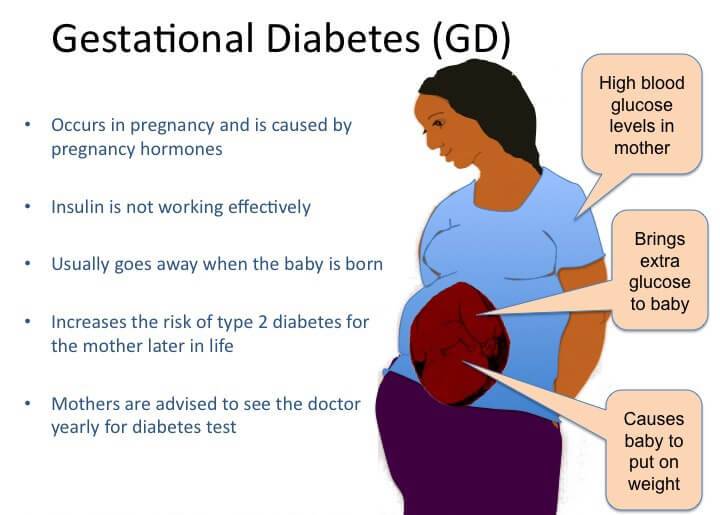 nine0003
nine0003
Further research is needed to find out how these changes affect the quality of life of pregnant women, scientists say. However, they note that even with the deterioration of memory and cognitive functions, they still do not fall below the norm. However, the search for more serious effects of pregnancy on the brain may allow the development of ways to help women who are faced with them.
“These slight deteriorations during pregnancy will be noticeable only to the pregnant women themselves and, possibly, to their immediate environment. They will show up as minor memory lapses — for example, a pregnant woman may forget about a visit to the doctor, explains the lead author of the study, Melissa Hayden. “But more pronounced impacts, such as reduced productivity, are unlikely.” nine0003
Byrne urges caution in interpreting study results.
“We are not talking about aggravations that could seriously interfere with pregnant women doing their daily activities or working.
